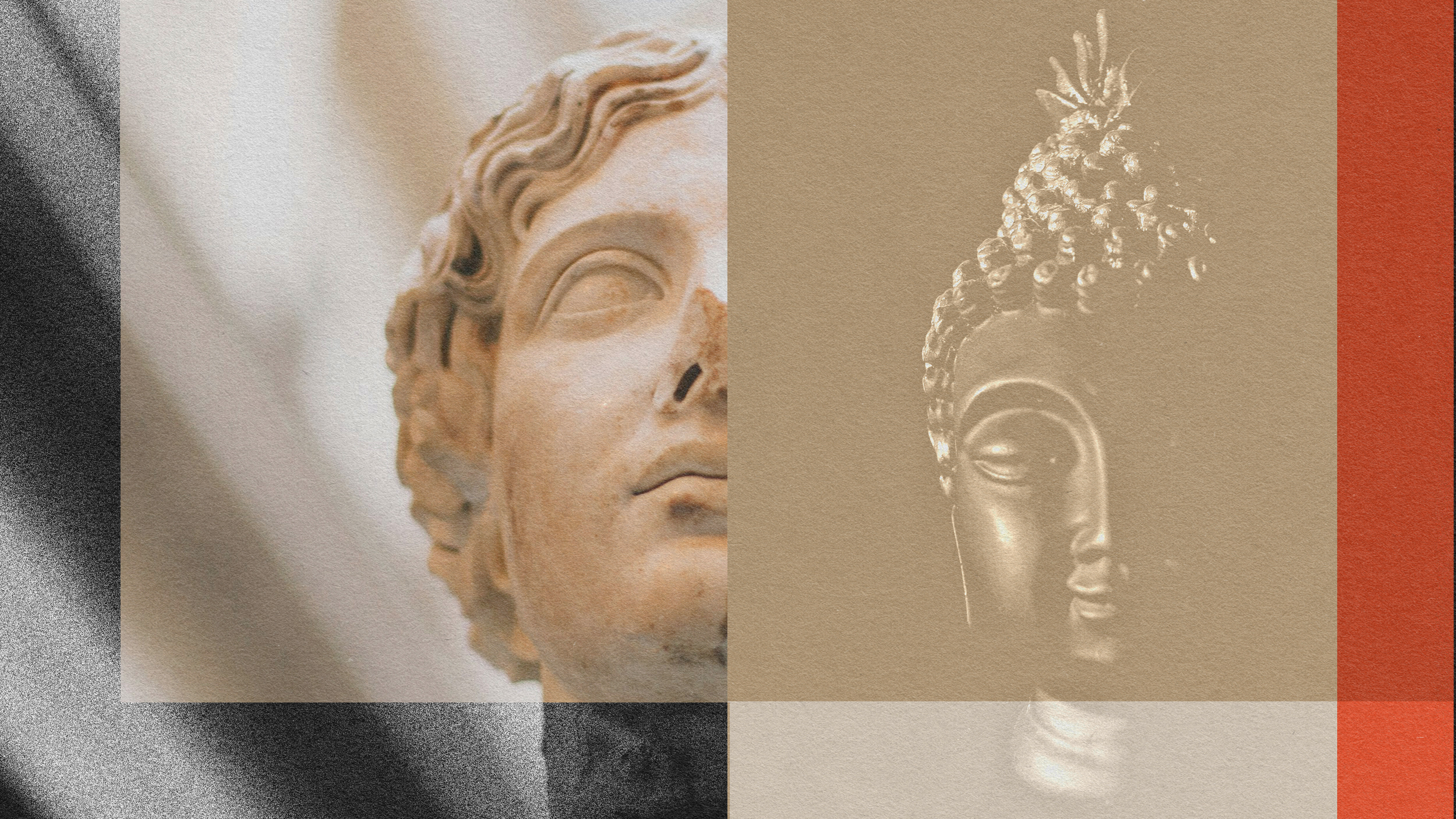Of all the strange things that humans have come up with, almost none is stranger—nor more pervasive across separate cultures—than religion. Why this meta-magical thinking evolved is easy to understand in hindsight: Robert Sapolsky calls it a “wonderful mechanism” that our ancestors used to cope with forces of nature, tragedies, and good luck that they couldn’t explain. And even in the presence of explanations today, it continues to be useful for the majority of humans, to the point that asking “Why do so many people still believe?” is not the most interesting question in the vicinity. Sapolsky would rather ask: “What’s up with the five percent of atheists who don’t?” The only thing crazier than religion might be atheism, he suggests. There’s a solid catalog of literature that shows the health benefits of religiosity. It’s nature’s antidepressant for what is often a brutal and awful world, and offers a protective quality that atheists forfeit—which explains why incidences of depression are much higher in that group. To Sapolsky, what’s more curious than the bizarre need to believe, is the choice not to.
Robert Sapolsky: So when you look at the really unique bizarre things humans have come up with, ranging from cave paintings to Snapchats and everything in between, probably the most unique and universal thing we’ve come up with is this religion business. We talk about the symbolic metaphorical thinking.
Essentially there has been no culture on earth that has not invented some form of what could be termed “meta-magical thinking,” attributing things that cannot be seen, faith-based belief systems, things of that sort. It’s universal, and 90-95 percent of people believe in some sort of omnipotent something or other out there. Every culture has it. People have endlessly speculated about the evolution of religiosity, and at least in terms of westernized religions it makes perfect sense why they’ve evolved: Because they’re wonderful mechanisms for reducing stress. It is an awful, terrifying world out there where bad things happen and we’re all going to die eventually. And believing that there is something, someone responsible for it at least gives some stress reducing attributes built around understanding causality. If on top of that you believe there is not only something out there responsible for all of this but that there is a larger purpose to it, that’s another level of stress reducing explanation.
If then on top of it you believe that individual out there is benevolent—even more so control and predictability. Benevolent and listens to human entreaties? More elements of control.
Benevolent, listens to human entreaties, and prefers to listen to people like you who look like you, pray like you, request like you? Even more so. They’re just all these levels of control, predictability; they’re stress reducing.
And what is infuriating to me as an utter, complete atheist is a very, very solid literature showing the health benefits of religiosity, independent of: you tend to get a social supportive community. When you’re religious you have fewer lifestyle risk factors. The mere ability to perceive causality, reason, benevolence—“Benevolence especially for people like me if I say the right combination of words and fervently believe in it”—that’s wonderfully protective and there’s health benefits to it.
If it is a totally heartless indifferent apathetic universe out there you are far more at risk for all the logical things which is to conclude it is an utterly depressing universe out there.
Rates of depression are much higher among atheists… Go figure.
So in terms of that it makes perfect sense why this is something that people have come up with and rather than asking why is it that 95 percent of humans come up with some form of religiosity, a much more biologically interesting question to me is: What’s up with the five percent of atheists who don’t do that?






